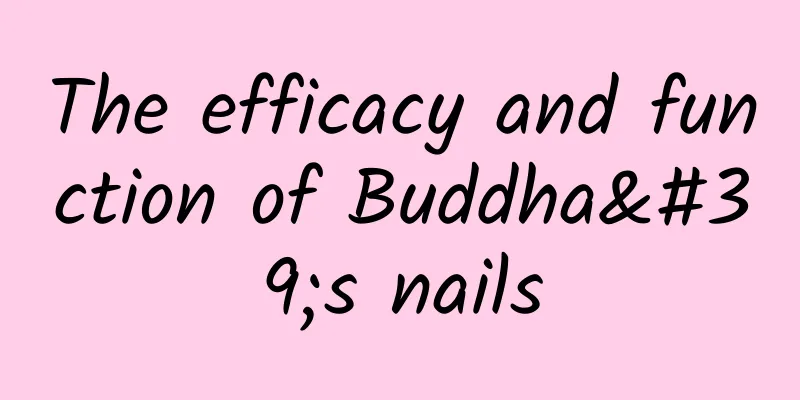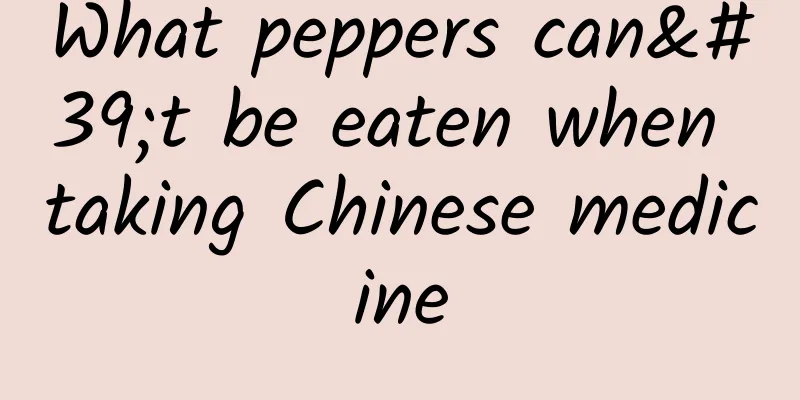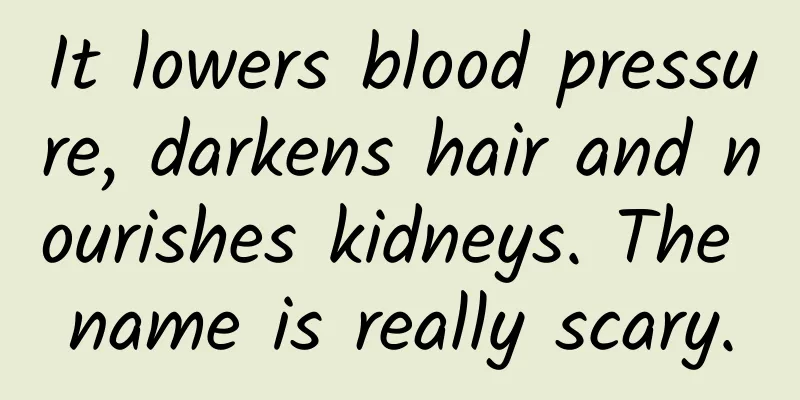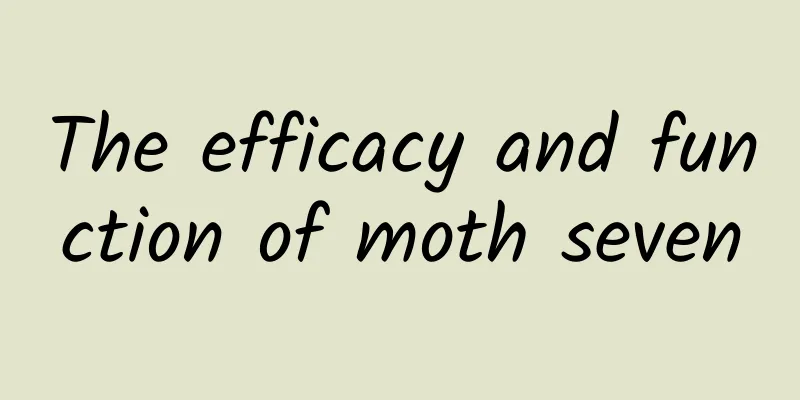What should I do if I feel like vomiting after taking Chinese medicine?

|
Medicines are used to treat diseases and are indispensable in life. Once a person becomes ill, it is difficult to recover through his own immunity. He must take external medications to supplement disease-killing substances. Medicines are mainly divided into traditional Chinese medicine and western medicine. Traditional Chinese medicine is very popular in my country and has better effects. However, traditional Chinese medicine tastes bad. What should you do if you feel like vomiting after taking it? This is because Chinese herbal prescriptions are made up of a variety of Chinese medicinal materials, each of which has a different taste such as bitter, pungent, sour, numb, salty, and astringent. The decoction that brings all these tastes together will form a smell that is difficult to swallow. Especially some patients with sensitive taste nerves are prone to nausea, vomiting and other phenomena. How to avoid or prevent vomiting caused by taking Chinese medicine or decoctions? 1. Take small doses frequently That is, let the patient take a small sip to test it first. If he vomits, let him vomit it out. After doing this two or three times, he will generally get used to it. Then he can take the medicine again and he generally won't vomit again. 2. Use a large amount of quick service method After the medicine has cooled down, hold your breath and drink it up in one breath. It is best not to pause during the process to avoid evoking the smell of the medicine and inducing vomiting. After drinking the medicine, rinse your mouth with cold boiled water immediately and then drink a small amount of cold boiled water. You can also chew a piece of gum to remove the taste of the medicine. 3. Use drug intervention 20 grams of licorice, decocted in water, and then take the decoction when vomiting stops (this method is not used for anti-licorice drugs such as Euphorbia, Daphne, Sargassum, and Gelsemium elegans in traditional Chinese medicine, so as to avoid the opposite effect); put 6 grams of Angelica dahurica powder on the tongue, and then lick and swallow it with the tongue; if vomiting continues after taking the medicine: add 1 to 2 tablespoons of ginger juice to the decoction, or take some ginger soup after taking the medicine. Taking Chinese medicine will be very effective. These Chinese medicines can promote blood circulation and remove blood stasis, soften and disperse nodules, clear away heat and detoxify, and comprehensively regulate the endocrine system to activate qi and blood, and activate internal organs. Meridians are the basis, and qi and blood are the function. Qi and blood are the material basis of the body, and internal organs are the source of qi and blood biochemistry. They are responsible for the formation of blood, the control and operation, and the regulation of the balance of blood and qi. Qi is the driving force of blood. As far as women are concerned, blood is the material basis of menstruation. If the internal organs are dysfunctional, the circulation of qi and blood will be affected, affecting the function of the blood sea, which can lead to the occurrence of various gynecological diseases. |
<<: Can Angelica and Gastrodia be eaten together?
>>: Belly button protrusion in late pregnancy
Recommend
[Smart Farmers] Fish and Birds Travel Together: Ecological Paradise in the "Nine Bends and Eighteen Turns"
The Yellow River is the mother river of the Chine...
The efficacy and function of large-leaf dominoes
Modern medical research believes that broadleaf o...
How to take saffron
Saffron is a common tonic in our lives. It can re...
One picture to understand: In the hot summer, remember to keep these medicines in the refrigerator!
In the hot summer, to prevent medicines from spoi...
What are the dietary taboos for taking Chinese medicine?
I believe that when it comes to Chinese medicine,...
The efficacy and function of Jiujie Tea
Traditional Chinese medicine has always been the ...
Gynostemma pentaphyllum efficacy and effects
If we want to have a healthy body, we cannot do w...
The efficacy and function of Weihan grass
Traditional Chinese medicine has a history of tho...
The efficacy and function of sharp-toothed ear fern
Since Chinese medicine has fewer side effects, mo...
eMarketer: 82% of US digital buyers prefer to research products online
The most common reason to use a mobile phone in a...
A woman endured the flu for 10 days, and both of her lungs turned white! Doctors urgently remind us →
Recently, a 51-year-old woman became a hot topic ...
Application of white peony root in lumbar disc herniation
Lumbar disc herniation is a serious symptom, and ...
The efficacy and function of Yunnan Chaigui
There are so many medicinal herbs in the world, a...









